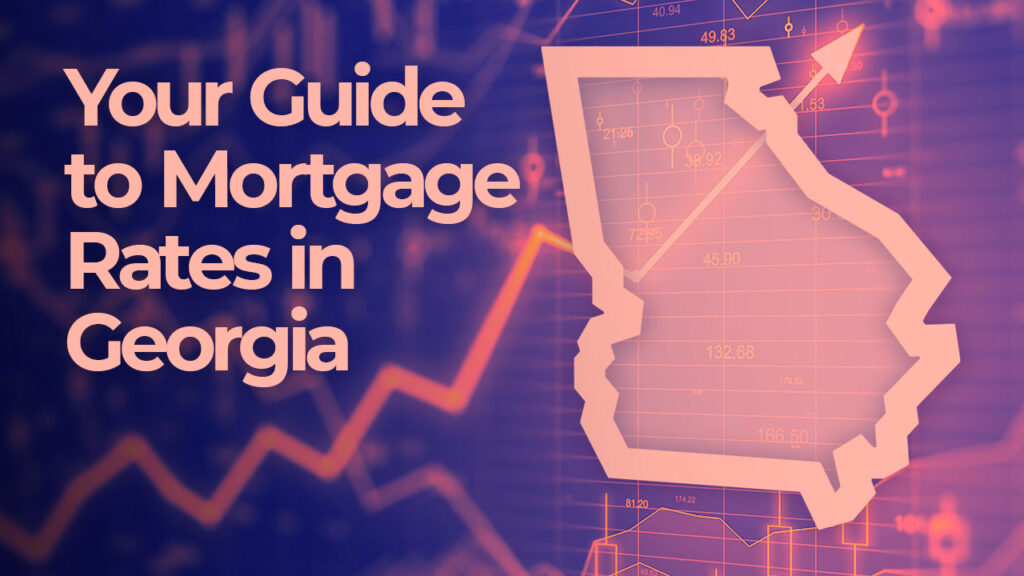Taking out a loan can be a big decision, especially when it comes to smaller amounts. Are small loans a good idea? Let’s explore the pros and cons to help you make an informed choice.
Understanding Small Loans
Small loans, typically under $10,000, serve various purposes, from covering unexpected expenses to financing small business ventures. Understanding their mechanics is crucial before you apply. 
Pros of Small Loans
Quick Access to Funds
One major advantage is the speed of accessing the money. Unlike larger loans, small loans often have a quicker approval process, allowing you to address immediate financial needs efficiently.
Fewer Requirements
Generally, small loan applications have less stringent requirements compared to larger loans. This makes them more accessible to individuals with limited credit history. Learn more about credit score impact.
Flexibility
Small loans offer flexibility in terms of repayment options and the purpose of the loan. You may find options that perfectly align with your specific situation and budget.
Improved Credit Score (Potentially)
Responsible repayment of a small loan can positively impact your credit score over time. This can make accessing larger loans in the future easier. 
Cons of Small Loans
High Interest Rates
A significant drawback is the often higher interest rates compared to larger loans. This can make the overall cost of borrowing more expensive than anticipated.
Short Repayment Periods
Small loans frequently have shorter repayment periods, resulting in larger monthly payments. Ensure you can comfortably manage these payments.
Debt Cycle Risk
If not managed carefully, a small loan can lead to a debt cycle, especially if you rely on multiple small loans to cover expenses. Explore responsible debt management strategies.
Fees and Charges
Be aware of potential hidden fees and charges, such as origination fees or late payment penalties, which can inflate the overall cost of the loan.
Impact on Credit Score (Potentially)
Missed payments or defaults on a small loan can severely damage your credit score, hindering future borrowing possibilities.
Who Benefits from Small Loans?
Small loans can benefit individuals facing unexpected expenses, such as medical bills or car repairs. They can also be helpful for small business owners needing quick capital for inventory or marketing.
Types of Small Loans
Various types of small loans exist, including payday loans, personal loans, and lines of credit. Each has its own terms and conditions. Compare loan types here.
Alternatives to Small Loans
Before opting for a loan, consider alternatives such as using savings, borrowing from family, or exploring government assistance programs. 
Responsible Borrowing Practices
Carefully compare interest rates, fees, and repayment terms before choosing a loan. Create a realistic repayment plan to avoid potential financial strain.
Choosing the Right Lender
Select a reputable lender with transparent terms and conditions to avoid scams or predatory lending practices.
Monitoring Your Progress
Regularly check your loan balance and make timely payments to prevent late fees and maintain a good credit standing.
Long-Term Financial Planning
Small loans can serve as a temporary solution. Plan for long-term financial stability to avoid future reliance on borrowing. Learn more about financial planning.
Considering Your Financial Situation
Assess your overall financial health before applying for a loan. Make sure the loan aligns with your budget and financial goals.
Conclusion
Small loans can be beneficial when used responsibly and for the right purposes. However, it’s essential to understand the potential risks and carefully weigh the pros and cons before making a decision. Thorough research and responsible borrowing habits are crucial for positive outcomes.
Frequently Asked Questions
What are the typical interest rates for small loans? Interest rates vary widely depending on your credit score, the lender, and the loan type. It’s crucial to shop around and compare offers.
Can I use a small loan to consolidate debt? Potentially, but carefully consider whether the new loan’s interest rate is lower than your existing debts. It might not always be the most beneficial approach.
What happens if I miss a payment on a small loan? Missing payments can result in late fees, damage to your credit score, and even collection actions by the lender.
How do I find a reputable small loan lender? Research lenders thoroughly, check online reviews, and verify their licensing and accreditation to avoid scams.
Are there any government programs available to assist with small loans or financial hardship? Depending on your location, various government programs may provide assistance. Consult your local government resources or search online for relevant programs.


